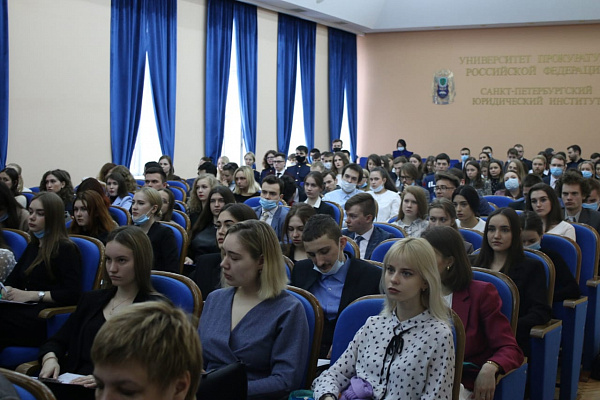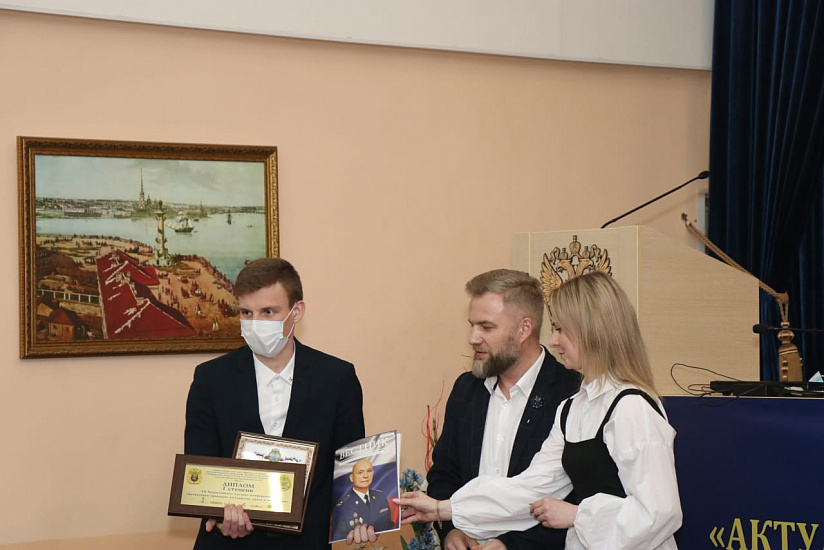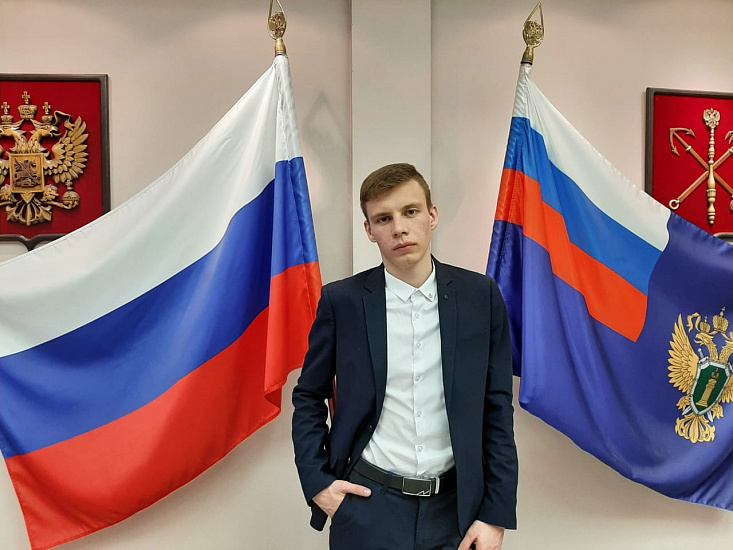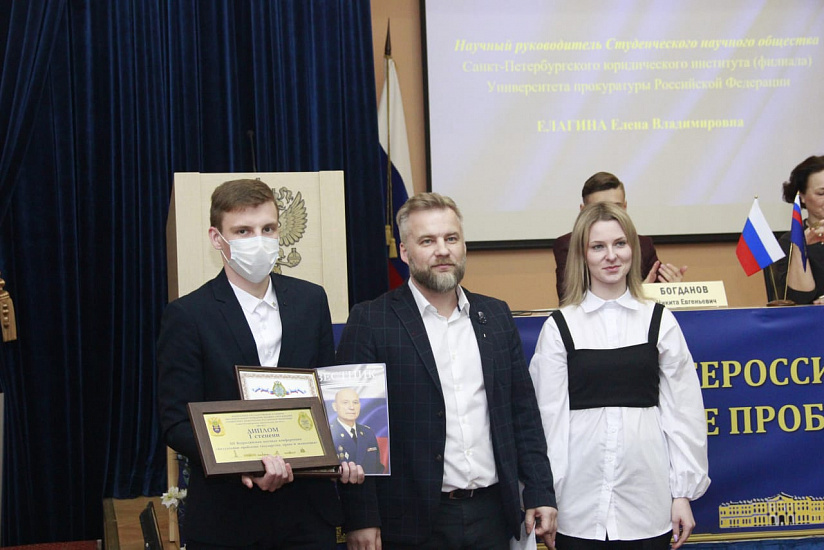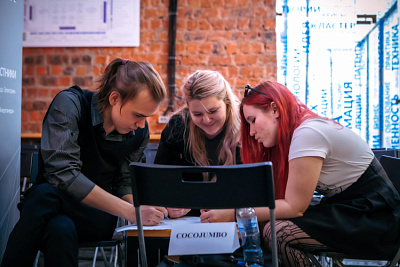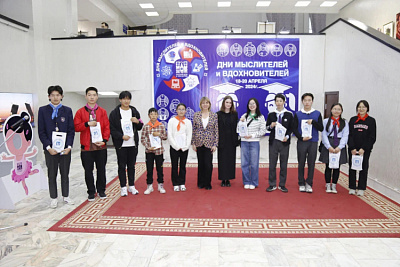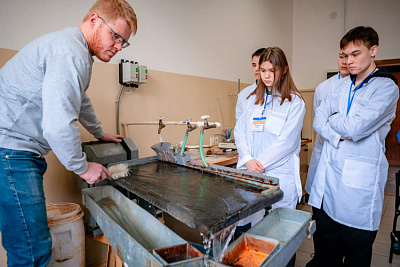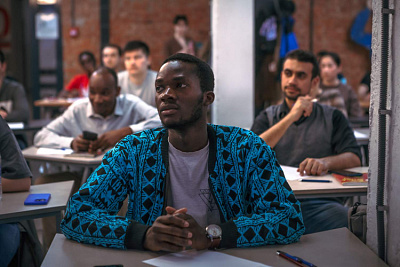Dmitry Snetkov's report from INRTU was recognized as the best one at the legal forum in St. Petersburg
INRTU student, future lawyer Dmitry Snetkov is the winner of the XII All-Russian scientific conference „Actual problems of the state, law and economy.“ The jury highly appreciated the proposals of the student, dedicated to improving the structural mechanisms of foreclosure on property in enforcement proceedings. The forum took place last spring at the St. Petersburg Law Institute (branch) of the University of the Prosecutor’s Office of the Russian Federation.
The conference is held annually. The goal of the project is to provide young people with an opportunity to analyze legal, social, economic and other social problems, to develop ways to solve them. In 2021, the organizing committee received over 170 applications. 115 students from the universities of Minsk, St. Petersburg, Moscow, Saratov, Yoshkar-Ola, Omsk, Irkutsk and others passed the competitive selection. The finalists presented the results of research in 12 areas.
Third-year student Dmitry Snetkov was recognized as the strongest based on the results of his speech at the section session „Actual problems of procedural law (civil and arbitration process)“. The author prepared a scientific article under the guidance of Associate Professor, Head of the Department of Theory of Law, Constitutional and Administrative Law Irina Kuryshova.
The student admitted that he has been researching the field of compulsory execution of judicial and other jurisdictional acts for several years. As he immersed himself in the topic, he had a desire to improve legal procedures, namely, to create conditions for ensuring full and timely execution of court decisions.
The main problem considered in the framework of scientific work is the state of the institution of foreclosure on the debtor’s property. Of course, it is he who is considered one of the most effective enforcement measures. However, its potential is not directly exploited. Practically no new measures have appeared to facilitate the satisfaction of the creditor’s claims to discover liquid property and its timely implementation. This circumstance is a fertile ground for hiding property from collection due to the lack of mechanisms that prevent an individual from doing this. I adhere to the point of view, according to which, the granting of the right to challenge the debtor’s transactions to the bailiff-executor will only entail delaying the deadlines and will not have a positive effect“ — the author says.
The student suggested making changes to Articles 130 and 428 of the Civil Procedure Code of the Russian Federation, as well as to FZ-118 „On Compulsory Enforcement Bodies. For example, article 428 of the Code of Civil Procedure of the Russian Federation, in his opinion, should be supplemented with clause 1.1 of the following content: „A writ of execution is issued by the court to the bailiff-executor at his request if the recovered is a debtor within the framework of the previously initiated entry into force of a court decision of enforcement proceedings“. Point adjustments to the legislation, according to the author, will help improve the work of the FSSP of Russia and bailiffs.
Dmitry defended his work in person before experts from St. Petersburg and Moscow. During the discussion, the lawyers were interested in how strongly the new powers of the claimant and the bailiff of the executor will affect the legal status of the debtor.
The INRTU student connects his professional future with the civil service.
Work in this area, first of all, presupposes the presence of responsibility before society, it implies making a contribution to the solution of important state problems. From this point of view, the municipal service is perhaps even more interesting, since the result of the work of each employee manifests itself much faster, while for civil servants it is postponed for several months. I want to specialize in public administration“ — the student says.
The three leaders of the section also included Elena Zevakova and Denis Shestavin from Irkutsk, and Alina Volnykh from St. Petersburg.
